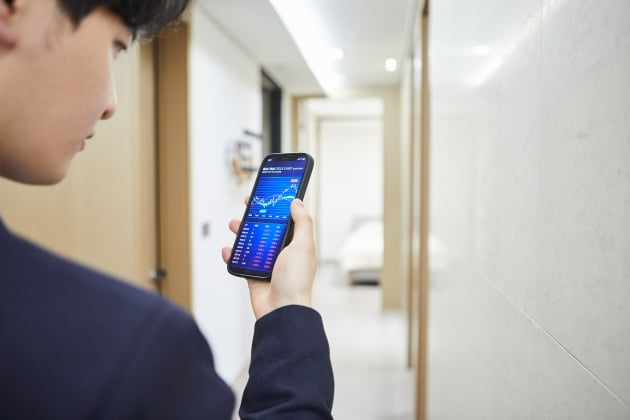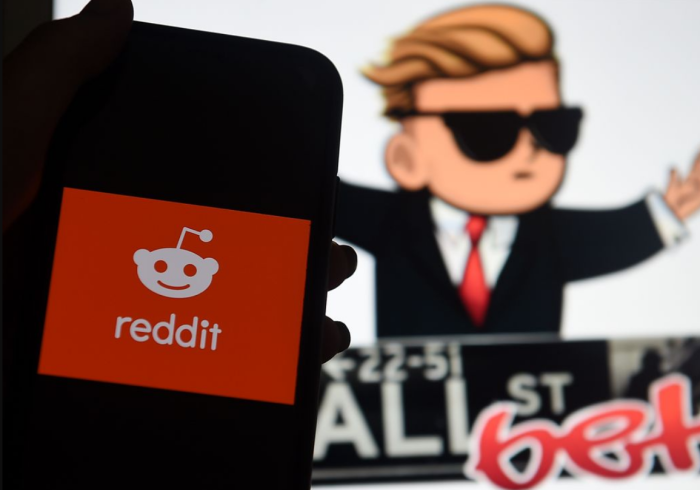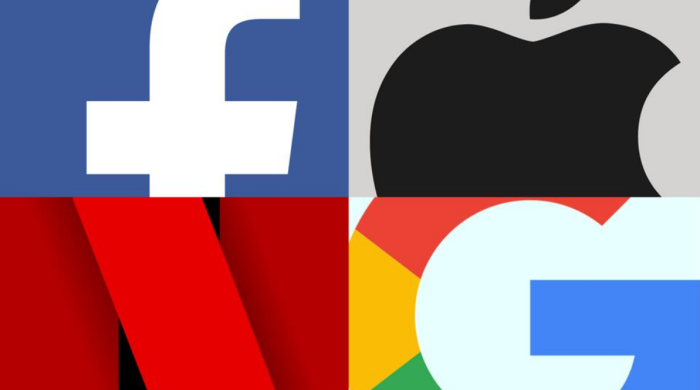Stock market
S.Korean millennials make rush to Nasdaq and NYSE amid sluggish Kospi
Young South Koreans are selling Samsung and other domestic stocks to buy Apple, Google and other US big tech shares
By Aug 27, 2021 (Gmt+09:00)
4
Min read
Most Read
LG Chem to sell water filter business to Glenwood PE for $692 million


KT&G eyes overseas M&A after rejecting activist fund's offer


Mirae Asset to be named Korea Post’s core real estate fund operator


StockX in merger talks with Naver’s online reseller Kream


Meritz backs half of ex-manager’s $210 mn hedge fund



South Korean millennials in their 20s and 30s are rushing to Nasdaq and the New York Stock Exchange (NYSE) amid skyrocketing real estate prices in the country and disappointing growth of the Kospi index.
According to the country’s 10 major securities firms, the total transaction made in the US stock market this year by the Koreans aged between 20 and 39 reached 103 trillion won ($88 billion) as of early August. The figure is already almost double that of the full-year amount at 58 trillion won ($49 billion) in 2020.
The rush was driven mainly by those in the 30s, the age group with the highest amount of US stock transactions at 73 trillion won ($63 billion) this year. Compared to the pre-COVID year of 2019, the amount of US stock transactions made by Koreans this year in their 20s increased by 24 times, 30s by 18 times, 40s by 9 times, and 50s by 6 times.
Analysts highlight that profitability is the pull factor that is attracting young South Koreans to Nasdaq and the NYSE. While the Kospi index grew by less than 10% this year, the representative S&P 500 index rose by more than 20% in the US. The S&P 500 index has marked 51 new closing highs this year, meaning that it set a new record in every three trading days on average.
Moreover, the Korean millennials last year mostly bought Samsung Electronics Co., considered one of the safest bets in the domestic stock market. But in 2021, the analysts note that these young investors have started to put large sums of money even in the so-called meme stocks in the US such as GameStop Corp. and AMC Entertainment Holdings. The meme stocks refer to under-the-radar stocks that suddenly catch the attention of investors based on rumors and internet message board discussions.

Other popular US-listed stocks traded by the South Korean millennials included Apple, Tesla, TSMC, Amazon, Airbnb and Palantir Technologies.
“I used to put 50% of my salary in the savings account and the rest in domestic stocks. But now I am putting all my monthly disposable income to buy major stocks in the US. I bought a number of shares of Apple and Google every time they had big drops. The profit from these stocks is much higher than my original target,” said a 31-year-old retail investor living in Seoul.
The skyrocketing real estate price is also another factor driving the country’s fresh graduates, singles and recently married couples into US stock investment.
“Every single Korean knows, without disagreement, that the best way to build wealth in this country is real estate. But many of us can’t afford to buy houses. The government is also controlling housing loans of the major banks. Many people around me have started saying that US stocks is the last way out,” said another retail investor in his 30s.
Others highlight that the local bourse Kopsi’s sluggish performance leaves them no choice but to enter the seemingly ever-growing US market. The actual data from the securities firms shows that many investors have sold Samsung stocks to buy Tesla, Apple, Google and Microsoft shares.

“Unlike Kospi, Nasdaq seems to be rising every time I check the index. I am getting frustrated by the fact that the Korean stock market is still vulnerable to various external risks, so I have started buying overseas stocks since the end of last year,” said a 27-year-old retail investor.
SOUTH KOREA TO INTRODUCE CAPITAL GAINS TAX ON STOCKS FROM 2023
The capital gains tax reform in 2023 is another factor that is pushing the millennials away from the local bourses to Nasdaq and the New York Stock Exchange. While Korea currently does not impose the gains tax for shareholders holding less than 1 billion won ($854,000) worth of shares per company, it will introduce such tax from 2023 with a rate of 20-25% for anyone who makes an annual profit of more than 50 million won ($42,700).
While South Korea is already imposing capital gains tax with a high rate of 22% for those who make an annual net profit of 2.5 million won ($2,100) from overseas stocks, many individual investors believe that they will make more profit by trading the US stocks even with the eax
“I used to focus on local stocks as there was no capital gains tax. But now I am gradually increasing the portion of US stocks in my portfolio with South Korea set to introduce such tax in 2023,” said a South Korean retail investor in his 30s.
Write to Ji-yeon Sul and Hyung-gyo Suh at sjy@hankyung.com
Daniel Cho edited this article.
More to Read
-
 Shipping & ShipbuildingHanwha Ocean shares sink after KDB's sale of 4.2% stake
Shipping & ShipbuildingHanwha Ocean shares sink after KDB's sale of 4.2% stakeApr 29, 2025 (Gmt+09:00)
-
 EnergySouth Korea nears Czech nuclear deal; Doosan, related stocks fly high
EnergySouth Korea nears Czech nuclear deal; Doosan, related stocks fly highApr 25, 2025 (Gmt+09:00)
-

-
 Business & PoliticsSeoul, Washington agree on July tariff deal framework in '2+2' trade talks
Business & PoliticsSeoul, Washington agree on July tariff deal framework in '2+2' trade talksApr 25, 2025 (Gmt+09:00)
-

Comment 0
LOG IN


